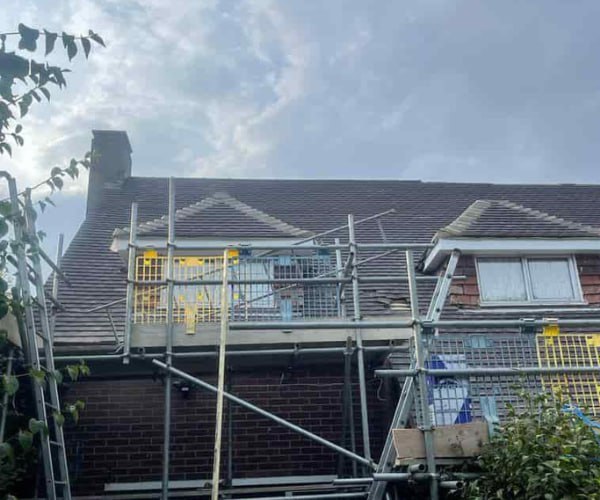Meeting the Standards: Addressing Energy Code Compliance in Commercial Roof Repair Plans
Introduction: In today’s environmentally conscious landscape, energy efficiency is a top priority for commercial buildings. As regulations and standards evolve, building owners and facility managers must ensure that their roofing systems comply with energy codes to maximise efficiency and sustainability. When planning commercial roof repair projects, addressing energy code compliance is crucial to meeting regulatory requirements, enhancing building performance, and reducing operational costs. In this guide, we’ll explore the importance of energy code compliance in commercial roof repair plans and provide actionable tips for achieving compliance effectively.
Understanding Energy Codes:
Energy codes set minimum standards for building energy performance, including insulation, air leakage, and thermal performance requirements. These codes are designed to improve energy efficiency, reduce greenhouse gas emissions, and enhance occupant comfort and well-being. Compliance with energy codes is essential for new construction, renovations, and retrofit projects to ensure that buildings meet or exceed specified energy efficiency targets.
Key Considerations for Energy Code Compliance in Commercial Roof Repair Plans:
Insulation Requirements:
- Insulation is one of the primary considerations for energy code compliance in commercial roof repair plans. Energy codes typically specify minimum R-values or thermal resistance levels for roof insulation based on climate zone and building type. During roof repair projects, ensure that insulation materials meet or exceed code requirements and are properly installed to minimise thermal bridging and heat loss through the roof assembly.
Air Barrier Systems:
- Air leakage through the building envelope can significantly impact energy performance and indoor comfort. Energy codes often require the installation of air barrier systems to minimise uncontrolled air movement and infiltration. When repairing commercial roofs, address air sealing details such as penetrations, seams, and transitions to create a continuous air barrier and reduce energy losses associated with air leakage.
Cool Roofing Materials:
- Cool roofing materials, such as reflective roof coatings and membranes, help reduce solar heat gain and lower rooftop temperatures, reducing cooling loads and energy consumption. Many energy codes encourage or require using cool roofing materials in certain climate zones or building types to improve energy efficiency and mitigate the urban heat island effect. Consider incorporating cool roofing options into commercial roof repair plans to enhance energy performance and comply with code requirements.
Daylighting and Lighting Controls:
- Daylighting strategies, such as skylights, roof windows, and light tubes, can reduce the need for artificial lighting and enhance visual comfort and productivity in commercial buildings. Energy codes may include requirements or incentives for daylighting and lighting controls to optimise energy use and reduce lighting-related energy consumption. When planning roof repairs, consider integrating daylighting solutions and energy-efficient lighting controls to meet code requirements and enhance occupant satisfaction.
Renewable Energy Integration:
- Incorporating renewable energy systems, such as solar photovoltaic (PV) panels, into commercial roof repair plans can enhance energy efficiency and sustainability. Many energy codes offer incentives or requirements for renewable energy integration to promote on-site generation and reduce reliance on fossil fuels. Explore opportunities to install solar PV systems or other renewable energy technologies in roof repair projects to maximise energy savings and comply with code requirements.
Conclusion: Addressing energy code compliance in commercial roof repair plans is essential for maximising energy efficiency, reducing operational costs, and promoting sustainability. By understanding energy code requirements, selecting appropriate insulation, air barrier systems, cool roofing materials, daylighting strategies, and renewable energy options, building owners and facility managers can ensure that their roofing systems meet or exceed regulatory standards while enhancing building performance and occupant comfort. With careful planning and implementation, commercial roof repair projects can contribute to a more energy-efficient and sustainable built environment for years.
Call us on: 01604 279 696
Click here to find out more about NGF Roofing Brixworth
Click here to complete our contact form and see how we can help with your roofing needs.

